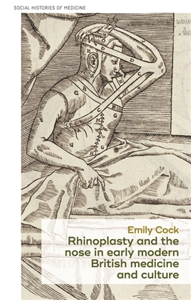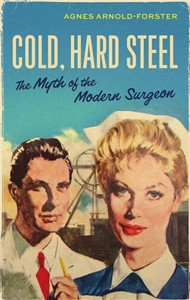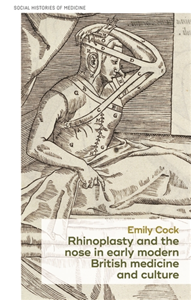Cold, hard steel
The surgical stereotype, past and present
by Agnes Arnold-Forster, Keir Waddington
British culture is populated by larger-than-life surgeons. Whether fictional or real, they have created, conformed to and complicated the surgical stereotype. Cold, hard steel anatomises this stereotype, offering a new social, cultural and emotional history of modern and contemporary British surgery. Drawing on cultural representations, archival material and oral history interviews, the book considers the development and maintenance of the surgical stereotype and explains why it has proven so enduring.










